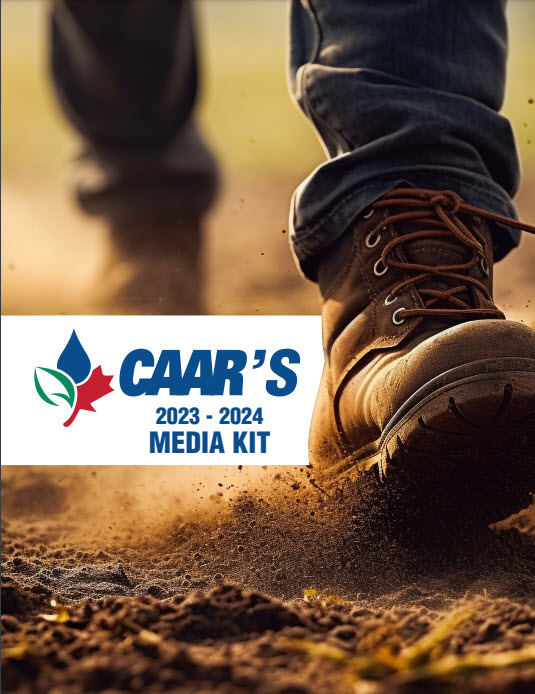Canada has announced its partnership with the Efficient Fertilizer Consortium (EFC), making a $1.3 million CAD investment over the next four years .
The EFC, initiated by the Foundation for Food & Agriculture Research, aims to foster the development of fertilizers that support enhanced crop yields while minimizing environmental footprints.
This partnership has Canada joining forces with global leaders like the USA and the UK, along with various organizations committed to sustainable agriculture. The consortium's goal is to advance research on novel fertilizer solutions that can reduce greenhouse gas (GHG) emissions and improve food production efficiency.
Highlighting the significance of this partnership, Minister MacAulay stated, "By joining the Efficient Fertilizer Consortium, we're helping ensure that our farmers and producers are well-equipped to make informed decisions that are good for the environment and their bottom line. International collaboration is vitally important to addressing global food security and putting healthy and affordable food on tables right across Canada."
Dr. Angela Records, Chief Scientific Officer at the Foundation for Food & Agriculture Research, welcomed Canada's involvement, saying, "FFAR is thrilled to welcome the Government of Canada as a member of the Efficient Fertilizer Consortium. We are looking forward to working together to guide the strategic direction of this consortium and fund critical research to advance enhanced fertilizer efficiency."
Canada's engagement with the EFC aligns with its ambitious environmental goals (some might say too ambitious), including reducing fertilizer induced GHG emissions by 30% by 2030. This initiative not only underscores Canada's commitment to environmental stewardship but also enhances its role as a leader in agricultural innovation and sustainability on the global stage.
To learn more about this group, view the Efficient Fertilizer Consortium white paper for more background and detailed information, or download a short summary of the white paper.
 How to resolve AdBlock issue?
How to resolve AdBlock issue? 


Join the discussion...
You must be logged in as a CAAR member to comment.
Report
My comments